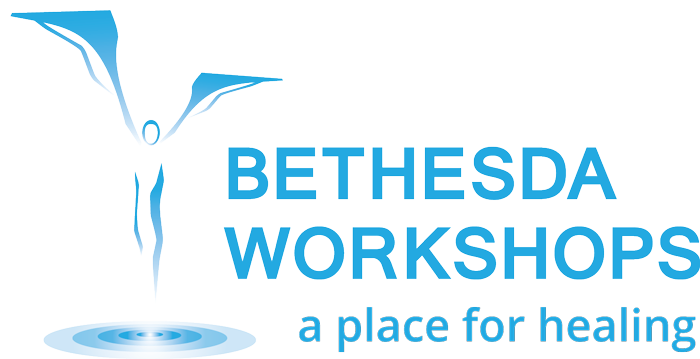Is this sin or is it an addiction? That’s one of the most frequently asked questions about sexual addiction. Our immediate answer is “Yes!” Sexual addiction is both.
At Bethesda Workshops, we unequivocally identify inappropriate sexual and relationship behaviors as sin. We don’t sugarcoat that reality. At the same time, we believe the “sin model” as it’s normally understood is inadequate – too simplistic – to describe this problem and its solution.
Sexual addiction is a multi-faceted problem with physical, mental, emotional and relational components as well as a spiritual aspect. Sex addiction begins with the choice to commit some kind of sexual sin. Over time, though, as the behavior is repeated, it can cross the line from sexual sin to the point of addiction.
An addiction is the use of any substance or engagement in any behavior that is obsessive, compulsive, and continues despite adverse consequences. The apostle Paul well describes addiction (though probably unintentionally) when he writes in Romans 7, “I don’t understand what I do. The good that I want to do, I don’t do; and the evil I don’t want to do, I keep on doing. What a wretched one I am!” (paraphrased). The “simple” sexual sinner can “Just stop!” when he or she decides to; the sexual addict cannot.
We believe the disease model of addiction is most appropriate to the solution for sex addiction. Unfortunately, too many Christian professionals instruct the addict to pray more or read the Bible more or commit to Christ as the answer to sex addiction. While we agree those spiritual disciplines are important, sexual addiction recovery requires a more comprehensive approach. Research and informed clinical thought view addiction, including sexual addiction, as a neurobiological disease.
When we use the disease model, we in no way absolve individuals of responsibility for their sin and their healing. We simply mean that there are many components to sexual addiction, and it’s necessary to tackle them all through wide-ranging tactics.
